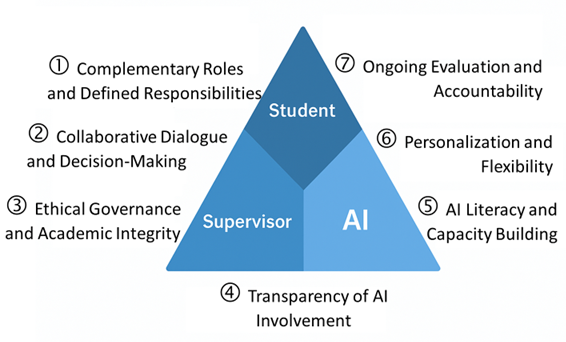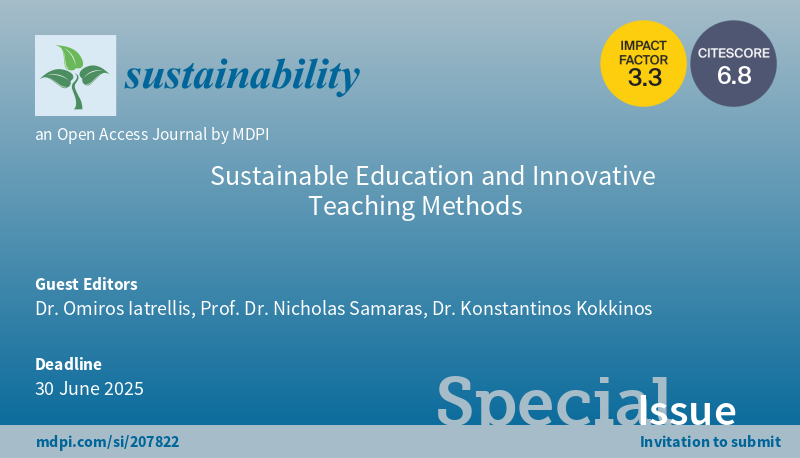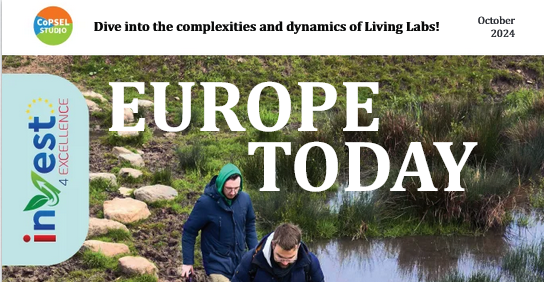With the advent of large language models (LLMs) and generative AI, researchers around the world are exploring how these technologies can reshape various sectors, including education. Yet, in the field of doctoral research, their use has often been met with skepticism-especially regarding academic integrity, the quality of supervision, and potential over-reliance on automated tools.
A new study conducted by researchers from the University of Thessaly takes a pioneering step in addressing these concerns. Published in the International Journal of Doctoral Studies (Vol. 20, 2025), the paper presents the first systematic investigation of generative AI use in PhD research. It proposes a novel Tripartite Mentoring Model that reimagines AI not as a substitute, but as a complementary and ethically grounded support mechanism in doctoral supervision.
The case study is based on an ongoing PhD in Disaster Risk Management, developed within the framework of the RES-Q Living Lab, an initiative of the INVEST European University. This research highlights that instead of ignoring or restricting the use of generative AI tools in academia, what is needed is a systematic, transparent, and pedagogically sound approach-one that integrates AI meaningfully into research ecosystems while maintaining academic rigor. As a forward-looking alliance, INVEST is at the forefront of redefining European Higher Education, embracing innovation while safeguarding quality and integrity.






